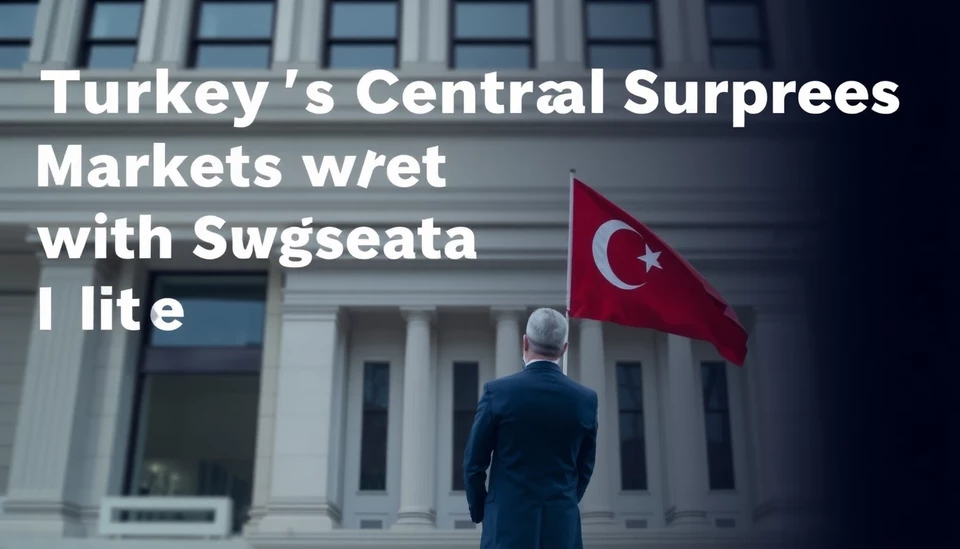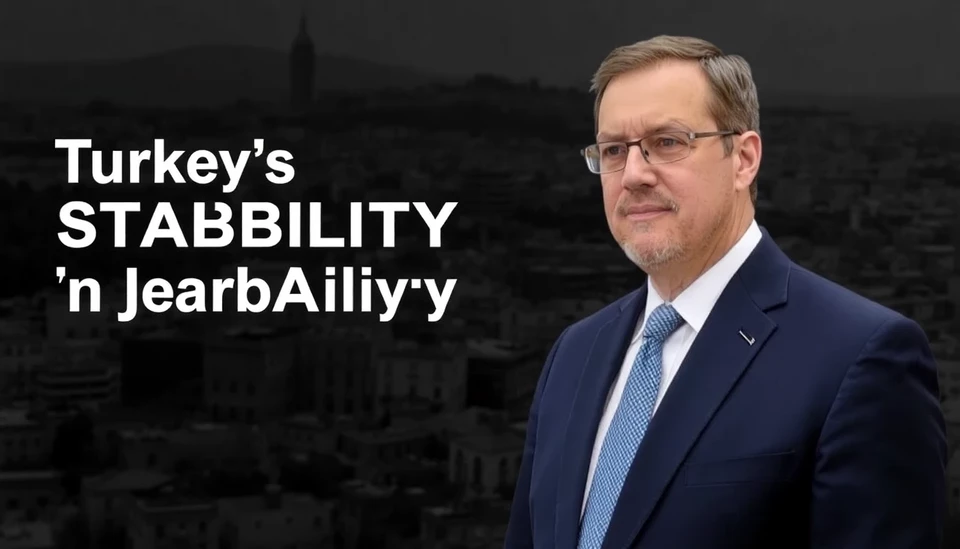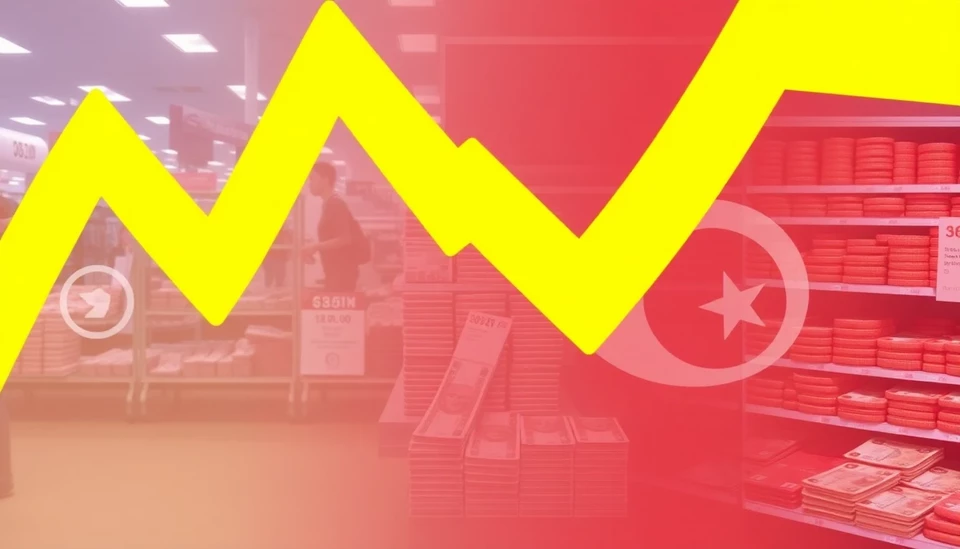
As 2024 braces for its financial shifts, Wall Street finds itself in a tumultuous debate regarding Turkey's potential decision to implement its first interest rate cut in an extended period. Opinions are sharply split as economists and market experts weigh in on the implications of such a pivotal move.
In a backdrop of rising inflation and a complex geopolitical landscape, Turkey's central bank is under mounting pressure to adjust monetary policy. With the Turkish lira's turbulent journey and inflation rates hovering at troubling levels, many financial analysts assert that a reduction in interest rates could exacerbate economic instability rather than foster growth.
On one side of the discussion, supporters of the rate cut argue that easing monetary policy may provide the necessary stimulus to revive Turkey’s sluggish economic performance. Following a tumultuous few years marked by high inflation and currency devaluation, advocates believe that lowering rates could invigorate consumer spending and encourage investment. This perspective highlights the need for a more expansive monetary policy to jumpstart economic activity and regain investor confidence.
Conversely, critics warn that a premature rate cut could lead to further depreciation of the lira, complicating Turkey's already precarious economic situation. Several analysts caution that the risk of inflation spiraling out of control is heightened in an environment where borrowing becomes cheaper, thereby undermining the central bank's previous efforts to stabilize prices. The reluctance to cut rates stems from fears that it may trigger a resurgence of inflationary pressures that have historically plagued the Turkish economy.
The split opinion on Wall Street is mirrored by reactions from the Turkish government and its economic planners. Officials are reportedly weighing the pros and cons of such a decision, considering both domestic economic targets and the broader implications for international investors who may react negatively to perceived instability.
As investors remain cautious, Turkey's central bank faces the challenge of balancing growth aspirations with the necessity of maintaining economic integrity. With the global economy also grappling with its own set of challenges, the stakes are particularly high.
Further complicating the situation is the anticipated impact of foreign investment and the ongoing international scrutiny of Turkey's economic policies. The market’s reactions could serve as an indicator of confidence or uncertainty in the Turkish economy, potentially influencing the central bank's eventual decision-making process in the coming months.
While the dialogue continues, one thing is clear: the implications of Turkey's potential first rate cut in years will resonate well beyond its borders, shaping economic discourse and investor sentiments across the globe. As we approach the new year, all eyes will remain fixated on Turkey's central bank and its moves amid the heightened tensions between growth promotion and financial prudence.
#Turkey #InterestRates #WallStreet #EconomicPolicy #Inflation #CentralBank #MarketAnalysis
Author: Daniel Foster




